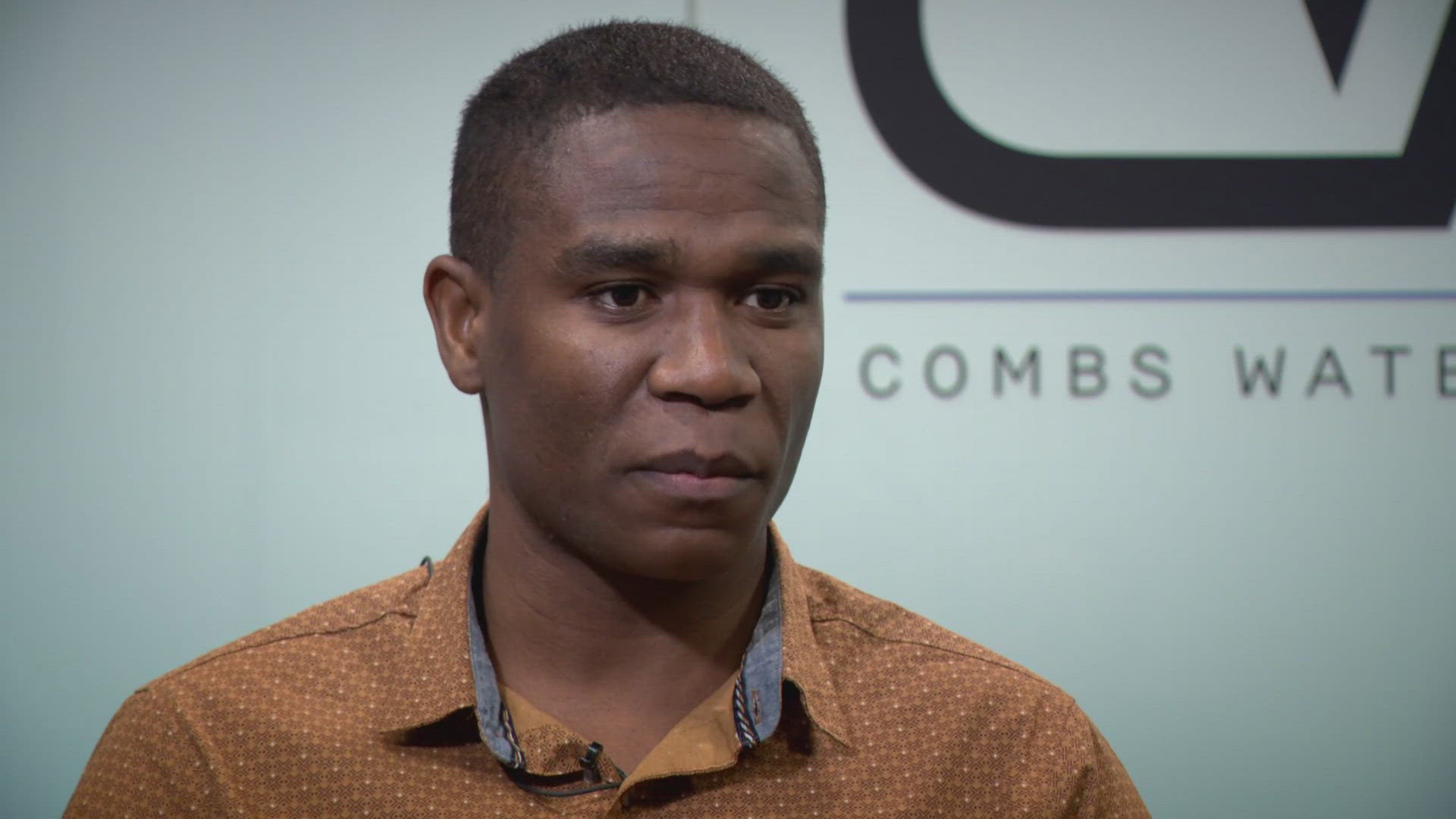FERGUSON, Mo. -- Protesters gathered in Ferguson Tuesday across the street from the police department. Reverend Derrick Robinson was one of the organizers.
"We want answers, we want justice in our community, we want diversity," Robinson said.
In the wake of last weekend's fatal police shooting of 18-year old Michael Brown, Ferguson Mayor James Knowles was asked about the diversity of his police department: 53 officers, just three of them African-American in a community that's 67 percent African-American, according to 2010 Census data.
The mayor says it's difficult to hire black officers.
"We hire everyone that we can get," Knowles said. "There's also the problem that a lot of young African American people don't want to go into law enforcement. They already have this disconnect with law enforcement, so if we find people who want to go into law enforcement who are African American we're all over it because we want them to help us bridge the gap. But these young people, they're not interested in law enforcement. There's already this frustration with law enforcement."
Ferguson resident Nicole Chissem who is African American was asked if she'd like to see more black police officers in her hometown.
"Of course, most definitely, I think it would help the morale."
A different response from Terrance Dodd, also a black resident of Ferguson.
"It don't make a difference what color they are," Dodd said, "it's not about race or none of that. We just need good police officers."
"Race should not make a difference," said Tim Maher, a criminology professor with the University of Missouri. "With that said, I think cities and departments should make every attempt to reflect the population of the police department with the population of the community to the best of their ability."
The 2013 racial profiling statistics provided by the state of Missouri show a disproportionate number of stops, searches and arrests of blacks. Of 5,384 police stops in Ferguson, 686 were white citizens, 4,632 were black citizens. Of 611 searches, 47 were white, 562 were black. Of 521 arrests in Ferguson in 2013, 36 were white, 483 were black.
Maher, who was a police officer for 13 years before becoming a criminologist, says data that could indicate racial profiling has to be explained fully to the public.
"The police chief and his officers should be aware of that data and should in some way be able to reasonably describe why the data exists that way, and justify if there's a disproportionate number of one race over another being stopped in that jurisdiction," said Maher.
Maher says the ethnicity of people who live in nearby communities and drive through Ferguson, could account for some of the numbers, but not all of them.
"If it's a community surrounded by a group of other communities that have a higher proportion of the race that is being stopped than what live in their community, that can help justify it," said Maher, "but it also could mean they are racially profiling and targeting the particular group that's being stopped more often."
Rev. Robinson plans to continue holding Ferguson officials accountable.
"I think if it's going to change and get better there has to be a diversity."

